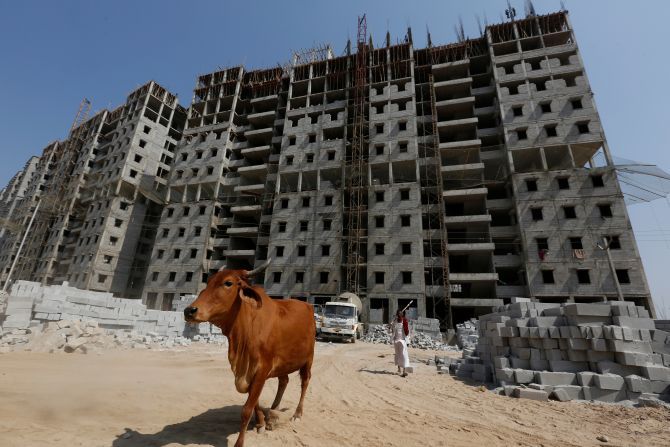In the 2017 budget, the government accorded infrastructure status for affordable projects to help such projects raise loans at lower rates

The government has announced concessional GST rates for the sale of affordable homes, but developers are in a dilemma on charging lower rates, since there is no clear definition of such projects.
In its last meeting in January, the GST Council reduced the effective GST rates for affordable homes that are eligible for credit-linked savings scheme (CLSS), projects that received infrastructure status and houses built under LIG, MIG-1 and MIG-2 categories under the government’s Housing for All scheme, from 12 per cent to 8 per cent.
“The circular does not define affordable housing. Today we can charge 8 per cent but later the department should not say it is not affordable housing,” said Anita Arjundas, managing director at Mahindra Lifespace Developers, the real estate arm of Mahindra group.
The government has said GST will be reduced for affordable housing projects that have been given infrastructure status, but “nobody gives such status,” she said.
In the 2017 budget, the government accorded infrastructure status for affordable projects to help such projects raise loans at lower rates.
Venkatesh Gopalkrishnan, CEO of Shapoorji Pallonji Real Estate agreed with Arjundas.
“They (the government) have to define affordable housing. We do not know whether the projects we are going to launch will be affordable or not. We also do not know what infrastructure status actually means,” Gopalkrishnan said.
Arjundas said they have met government officials on the issue.
“If we charge 8 per cent today and the government says it is 12 per cent, we cannot ask our customers to pay more, or vice-versa. The government should clarify on this,” Arjundas said.
“Further clarity is required in a couple of areas. The notification has not spelt out whose onus it is to determine that a customer is eligible for CLSS.
"Also, further clarity is required on what happens when the customer’s eligibility ceases to exist,” said Ashish R Puravankara, managing director at Bengaluru-based Puravankara.
Photograph: Amit Dave/Reuters












 © 2025
© 2025